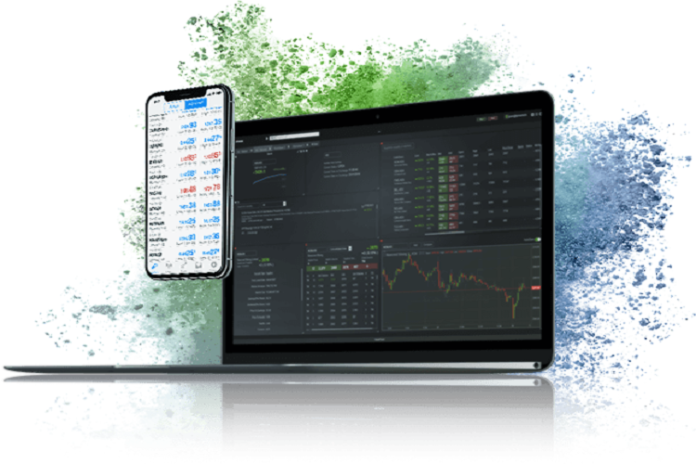Understanding “what is a CFD” does not stop from its definition but as a trader or an investor, one must know its advantages and disadvantages. One must weigh benefits against drawbacks.
Table of Contents
Advantages of CFDs
One Platform Has A Global Market Access
Products in all the world’s major markets are offered by a lot of CFD brokers and allow 24-hour access. Using a wide range of worldwide markets, investors can trade CFDs.
Higher Leverage
Compared to traditional trading, CFDs give higher leverage. It is subject to regulation to have standard leverage in the CFD market. It is now limited in a range of 3% (30:1 leverage) up to 50% (2:1 leverage) unlike before it was as low as 2% maintenance margin (50:1 leverage). The trader will have less capital expenses and greater potential returns if there are lower margin requirements. But with increased leverage, it will also come with magnified trader’s losses.
Borrowing of Stocks or No Shorting (Short Position) Rules
There are rules about the prohibition on shorting or short position by certain markets. This means that before selling short, the trader is required to borrow the instrument or have different margin requirements for short or long positions. With CFD instruments, it can be shorted at any time without borrowing since the trader does not own the underlying asset.
No Day Trading Requirements
There are limits on the number of trades that can be made with certain accounts and minimum amounts of capital to day trade that are required in certain markets. CFD market is restricted with this and all the account holders can day trade if they want. Even if $2,000 and $5,000 are common minimum deposit requirements, accounts can be created with a minimum of $1,000.
Free of Charge Professional Execution
Same as traditional brokers, CFD brokers offer several order types such as stops, limits, and contingent orders. Contingent order is an order that is linked to, and needs, the execution of another event. Guaranteed stops that are offered by some brokers will cost a fee for the service or regain costs in another way.
When the trader pays the spread, brokers make money. Sometimes they charge commissions or fees. The trader must pay the asking price to buy and must pay the bid price to sell/short. Depending on the volatility of the underlying asset, the spread may be small or large while fixed spreads are often available.
Variety of Trading Opportunities
Stock, index, currency, sector, treasury, and commodity CFDs are currently offered by brokers. Speculators who are interested in diverse financial vehicles are now able to trade CFDs as an alternative to exchanges.
Disadvantages of CFDs
The more you understand “what is a CFD”, the more you know that advantages are coupled with disadvantages. These are:
The Spread is Paid by Traders
The trader of CFDs must pay the spread on entries and exits in which removes the potential to profit from small moves. Compared to the underlying security, it decreases winning trades and losses by a small amount. CFDs cut traders’ profits through spread costs while traditional markets expose traders to regulations, fees, commissions, and higher capital requirements.
Risks
CFD trading needs close monitoring and fast-moving. With this, traders must be aware of the significant risk when trading CFDs and there are liquidity risks and margins are needed to maintain. Failing to cover reductions in values may cause to the closure of the position. Whatever happens to the underlying assets, the trader must meet the loss.
Leverage risks both expose the trader to greater potential profits and greater potential losses. Although stop-loss limits are there from a lot of CFD providers, it will not still guarantee safe from losses mainly if there is a market closure or a sharp price movement. Due to lags in trades, execution risks may also occur.
Weak Industry Regulation
CFD industry is not particularly regulated. CFD broker’s credibility depends on reputation, financial position, and longevity instead of government standing or liquidity. Before opening an account, it is important to investigate the broker’s background.













